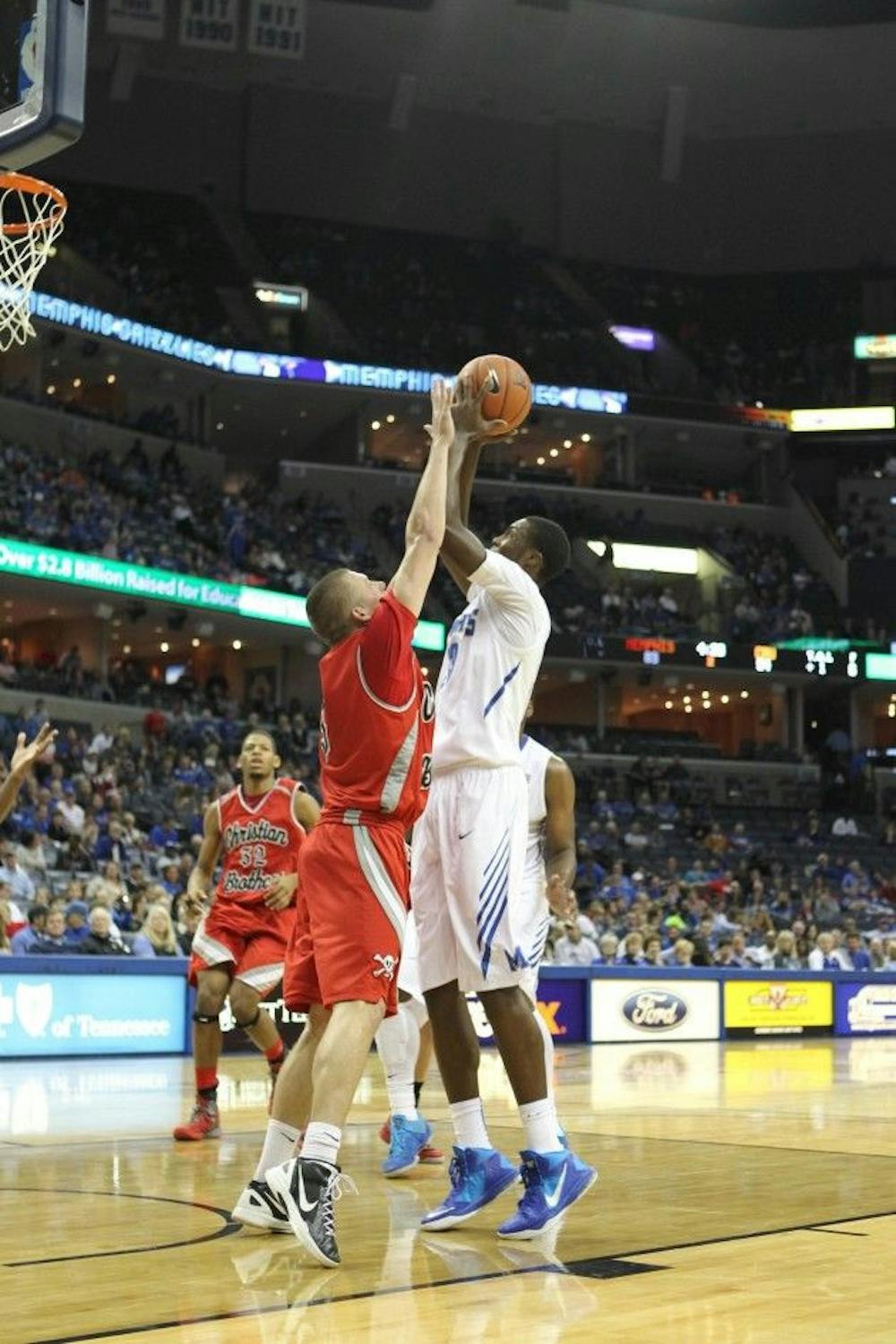After one of the lowest scoring seasons in NCAA basketball history, referees are now required to call fouls for hand checking and officiate more strictly, which could affect the University of Memphis Tigers.
The new requirements have caused a lot of controversy over the early weeks of the season. Some observers say the rules will hurt many teams that tend to play more aggressively and at a quicker pace like the Memphis program.
"The changes are going to impede the flow of the game," said Jacob Woloshin, sports' director of WUMR's Sportsdesk at the U of M's radio station. "It's really going to hurt transition teams."
The Memphis Tigers are a team that likes to turn up the tempo against their opponents, and these rules could impact them in both positive and negative ways.
"The Tigers rely on transition, and this may take away the tempo they like to play at," Woloshin said. "The rules benefit them, because the Tigers can use their athleticism against teams to force fouls and take advantage of free throws."
Officials are now required to make calls on lighter contact fouls than in previous years. Defenders are no longer allowed to put two hands on a player or keep a hand on a player at all times. Defenders are also not allowed to stop a player with an arm bar or put a forearm on the offensive player.
"Everyone will adjust," Memphis Tigers' head coach Josh Pastner said. "We have no option but to adjust."
The NCAA put these requirements in place to increase the number of points scored per game. Last year, the team average across the NCAA for points per game was 67.5.
"This will cause more fouls per game and more free throw attempts, which really makes free throws a more vital part of the game," said Matthew Schwartz, a sports intern at WREG News Channel 3 and host on WUMR's Sportsdesk.
Teams are going to have to adjust on both sides of the basketball. The new officiating could easily determine the outcome of games if players and coaches do not make adjustments.
"We need to keep attacking the paint and must shoot a high percentage from the free throw line," Pastner said. "We have to defend with our feet not our hands."
Woloshin said the changes are detrimental to the game.
"The physicality of college basketball is what makes players better, and this takes away from the toughness and athleticism from the NCAA," he said.
Pastner said he believes the NCAA could have gone in a different direction to improve scoring instead of changing officiating.
"I would love for the NCAA to go to a 24-second shot clock and a defensive 3-seconds rule," he said.




